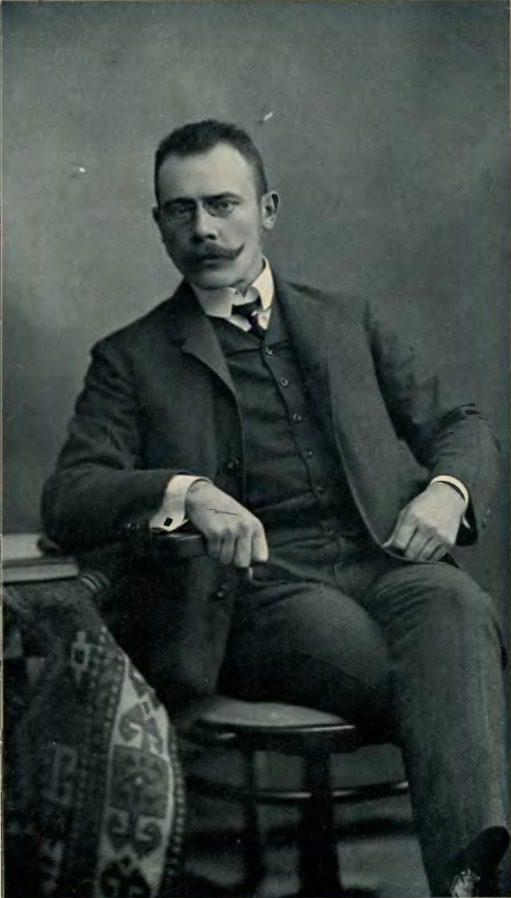On June 22, 1938, Czechoslovakia faced one of its most significant political crises. President Edvard Beneš accepted the resignation of Prime Minister Milan Hodža and his cabinet under mounting pressure from Nazi Germany and pro-Nazi Sudeten Germans. The Sudeten Germans had been demanding autonomy and annexation to Germany, and their demands had become increasingly aggressive.
The resignation of Prime Minister Hodza was a turning point in Czechoslovakia’s history. It signaled the beginning of the erosion of Czechoslovakia’s sovereignty and the country’s eventual occupation by Nazi Germany. The Sudeten Germans were supported by Nazi propaganda and had been encouraged by Germany’s annexation of Austria earlier that year.
The situation in Czechoslovakia worsened over the following months. In September 1938, the Munich Agreement was signed, which allowed Germany to annex the Sudetenland, a region in Czechoslovakia with a majority of ethnic Germans. This was followed by the invasion and occupation of Czechoslovakia in March 1939.
The resignation of Prime Minister Hodza is a reminder of the dangers of appeasement and the consequences of failing to stand up to aggression. It also highlights the importance of preserving the sovereignty of democratic nations and the need to resist the spread of authoritarianism.
In contrast, June 23, 2011, marks significant progress for the Czech Republic. On this day, the country signed the Schengen Agreement, which allowed for the free movement of people and goods between participating European countries. This agreement abolished border controls and strengthened the ties between European nations.
Despite the challenges faced in the past, the Czech Republic has emerged as a resilient and prosperous democracy. Its commitment to democracy and human rights has made it a leader in the region, and its contributions to science, culture, and the arts have enriched the world.





